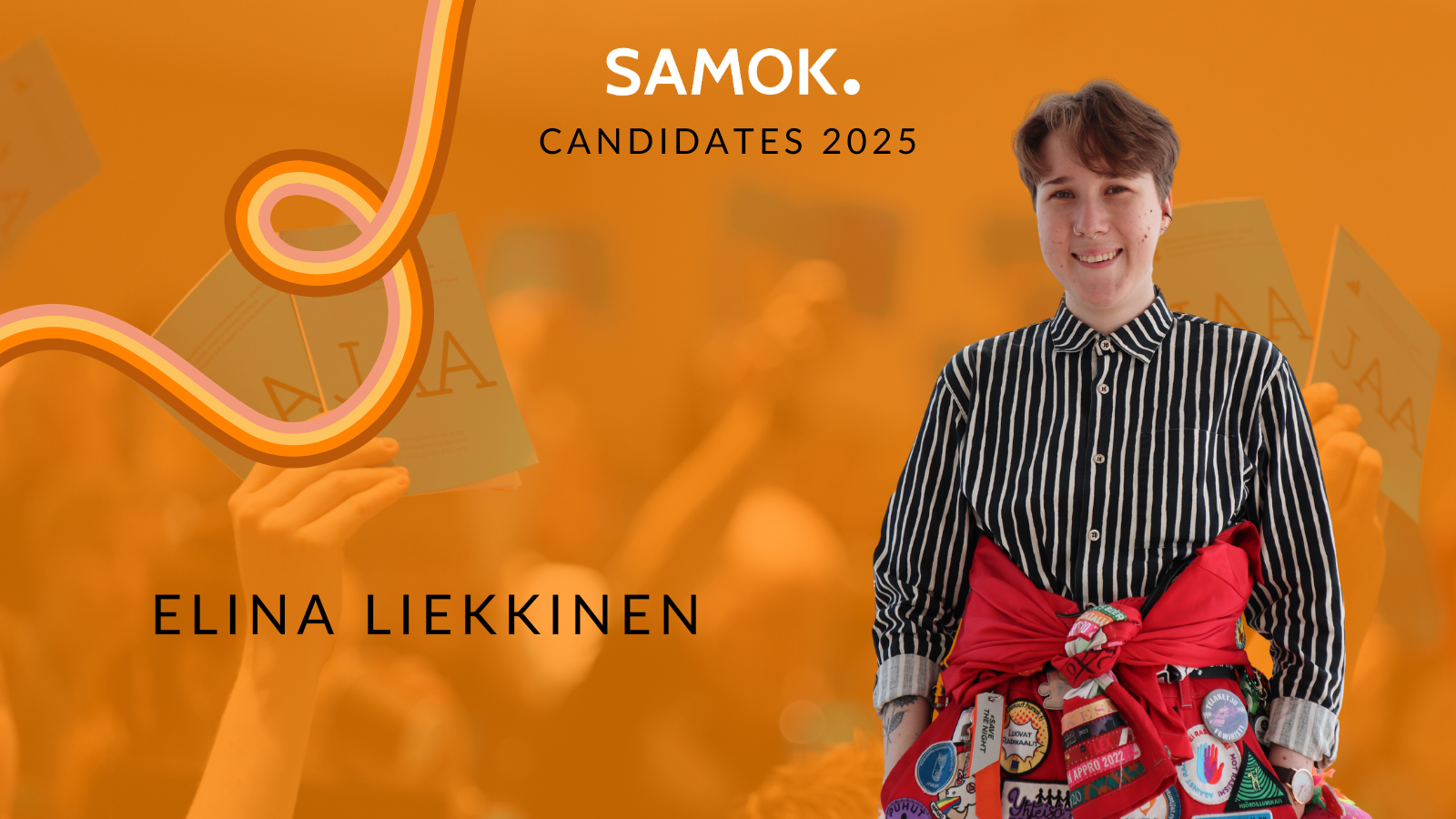I started my studies at a university of applied sciences in 2020. During my years of study, I have noticed that the prestige and recognition of UAS education is rather backward. This lack of appreciation and awareness can be seen throughout society: the media regularly reports on student unions at universities of applied sciences, surveys show that the Master’s degree at UAS is lagging behind the Master’s degree in working life and even MPs and ministers occasionally talk about “universities and higher educati”. However, UAS education has its own important role to play in the Finnish education system and in society at large.
Universities of applied sciences have a key role to play in raising the level of education of Finns and increasing equality in education, which has been the subject of much discussion in recent years. Educational attainment is hereditary, i.e. the child of a university graduate, for example, is more likely to apply for higher education as well. Around a quarter of students starting at a university of applied sciences have neither parent with a higher education degree. By providing access to higher education for those from disadvantaged socio-economic backgrounds, universities of applied sciences contribute to reducing inequalities in society.
UAS campuses are currently located in every province of Finland. From the point of view of regional vitality, universities of applied sciences enable the development of municipalities and wellbeing services counties, as well as businesses and the third sector, for example in the form of theses. The Education Administration’s reporting portal Vipunen shows that 62% of graduates from universities of applied sciences have also stayed in their region of study five years after completing their studies. Universities of applied sciences thus have a positive impact on the demographic development and vitality of the regions.
So what measures could be taken to raise the profile of universities of applied sciences and UAS education? In my view, the most important thing would be to take political decisions to develop universities of applied sciences. The Finnish title of the YAMK degree should be changed to Master’s degree, the two-year work experience requirement to apply to UAS Master’s degree should be abolished, and a doctorate should be developed as part of the UAS education. The quality of UAS education should be improved, for example by reducing the excessive performance-based nature of the UAS funding model and placing more emphasis on quality indicators. The increase in degree objectives, combined with the long-term decline in funding for universities of applied sciences, also threatens to undermine the quality of education as the number of degrees produced in relation to the number of staff increases.
In addition to politics, change is also needed in people’s attitudes. Changing attitudes will not happen overnight, but I think it is something that all of us UAS students, together with universities of applied sciences, can play a part in. Let’s create a positive image of UAS students, continue to lobby decision-makers, stand for elections – and above all, let’s always be proud to be from a university of applied sciences!
Author: Elina Liekkinen, candidate for SAMOK Vice President for 2025
During the autumn, SAMOK will present candidates for the SAMOK board for 2025 on its blog and on social media. For more information about the Federal Assembly, click here.

